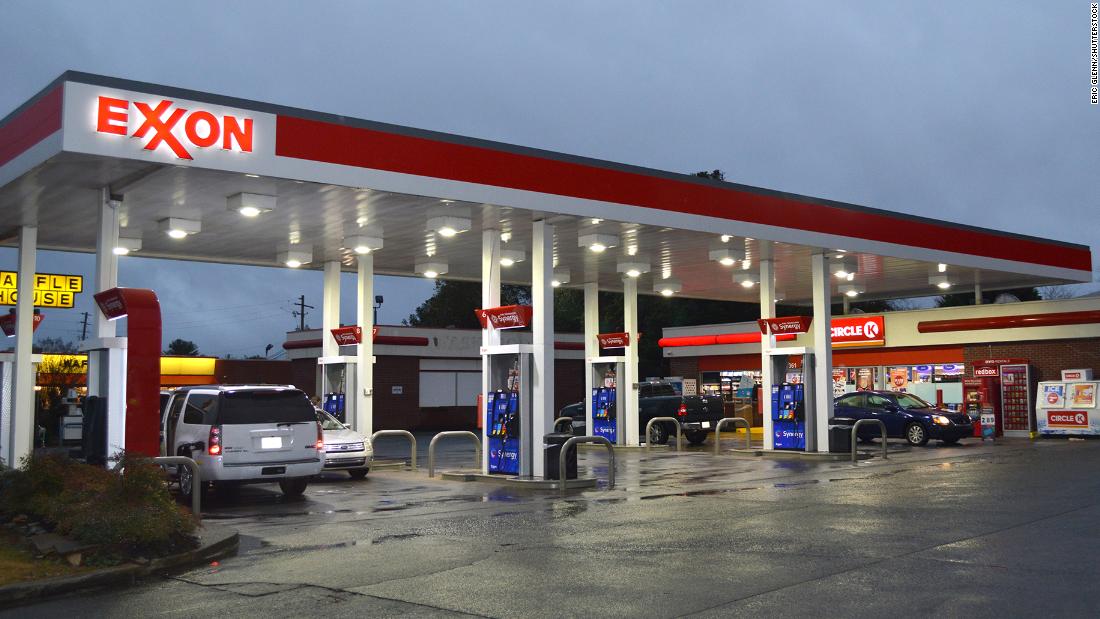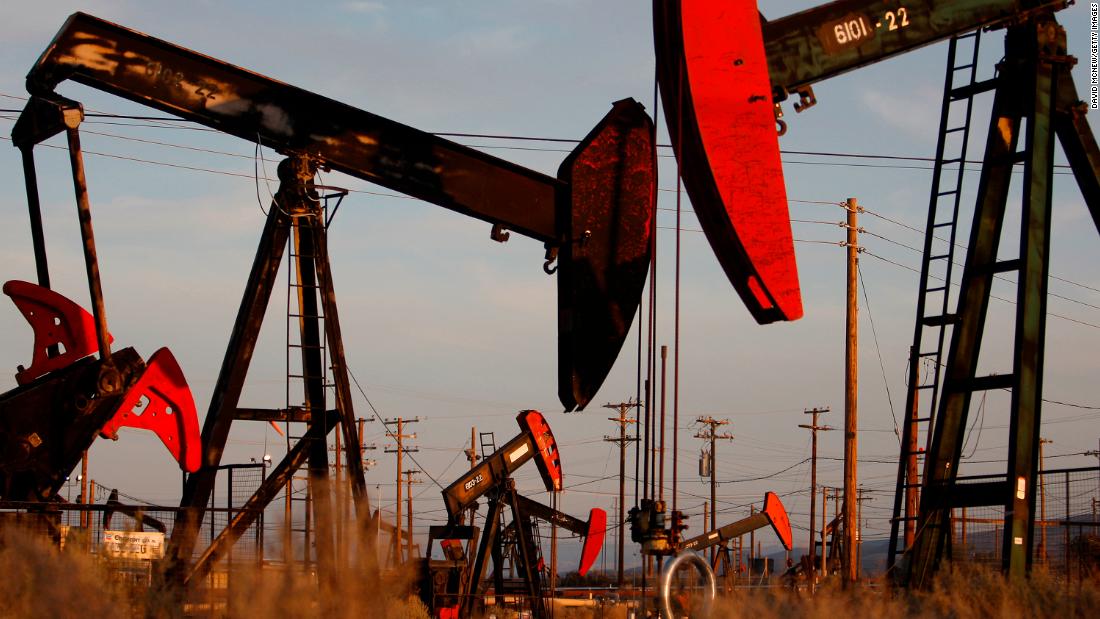
For the first time in modern history, ExxonMobil is facing a battle to oust its board of directors.
Engine No. 1, a new activist investment firm, carried through on its threat to nominate four independent director candidates to Exxon's board. The fact that Exxon (XOM) faces a credible board fight underscores how disillusioned shareholders are about the iconic company's staggering decline.
Exxon needs a "clean break from a strategy and mindset that have led to years of value destruction and poorly positioned the company for the future," Activist No. 1 said in a statement.
In a statement, Exxon said it has been in talks with Engine No. 1 since mid-November and the company's board affairs committee will "evaluate" the investor's nominees.
Exxon promised to update investors in the coming weeks on its "strategy to build long-term, sustainable value for shareholders."
The struggling company is discussing adding one or more new directors to its board and stepping up sustainability investments, the Wall Street Journal reported, citing unnamed sources.
Engine No. 1 said a "reactive short-term approach is no substitute for a proactive long-term strategy that addresses the threats and opportunities facing the company in a changing world."








